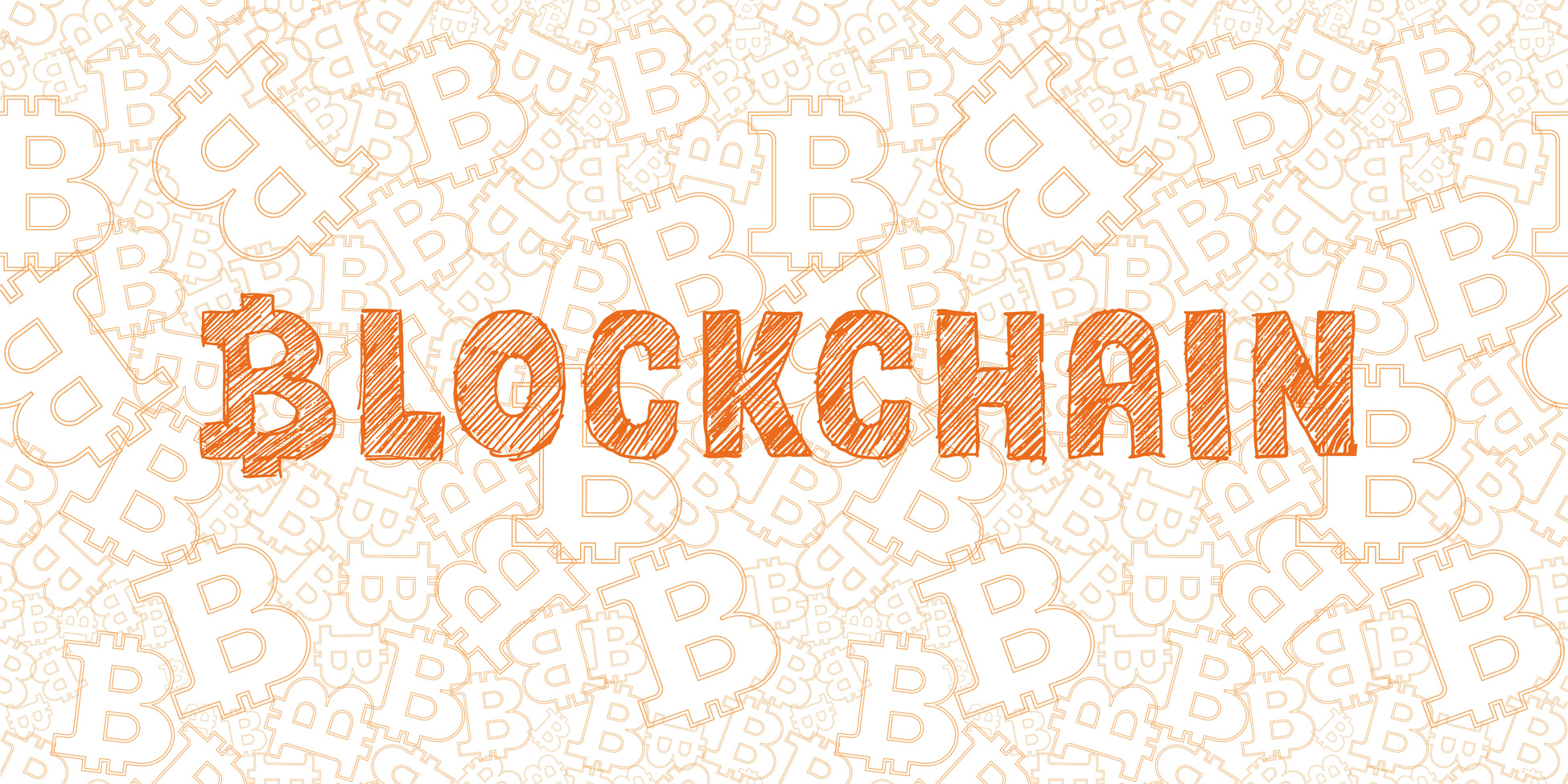Blockchain technology is being hailed as the potential ‘second generation of the Internet’. Like many innovations coming to market, Blockchain promises to disrupt the way we do business and revolutionise the financial services industry.
Blockchain, which has been referred to as the incorruptible digital ledger of economic transactions, first gained popularity with the digital cryptocurrency, bitcoin. Blockchain is expected to have a market value of $290 billion by 2019 and has captured the interest of business leaders, government institutions, academics and technology providers across the world.
Financial institutions in particular have been experimenting with these technologies to run their businesses more efficiently.
Why Blockchain for Africa?
Blockchain technology is still relatively new in Africa, but it has the potential to completely revolutionise the economy in this region. Here are a few ways Blockchain could reshape business and financial services in the region.
- Smarter and more efficient services
With this technology you can trade value with another person without having a third party as an intermediary. Blockchain will get rid of cumbersome, costly and bureaucratic legacy systems because it removes the middleman. The right application of this technology could assist in elevating the level of smart services provided to citizens in Africa from a cost, time and efficiency perspective.
- Creating an ‘Internet of value’
Blockchain not only stores information, but anything of value, including money, equities, bonds, titles, deeds, contracts and other kinds of financial assets. Blockchain technologies offer the opportunity to create an economy that isn’t only about goods and services, but is also more open, inclusive and fair.This is particularly relevant for Africa where a large portion of the population is unbanked. These people are excluded from the global economy because they can’t open a bank account without a birth certificate, passport or utility bill or because they have insufficient funds.
- Truth, trust and transparency
With Blockchain, trust is established through mass collaboration and intelligent algorithms rather than through centralised intermediaries like banks or governments. The system is also fully transparent because transactions can be viewed and corroborated by anyone else using the system.For Africa, this could alleviate many of the problems arising from corruption and fraud. The implications of this are important, not only for the financial services industry but also across most aspects of society.
- Decentralisation and security
Traditionally the financial services industry has always been a centralised unit of operations, meaning they are more vulnerable data breaches and cyber-terrorism.Blockchain can improve security and encrypt data during transactions, rather than when the data is moving or at rest. Because Blockchain is shared among a large number of users, it’s virtually impossible to hack into or corrupt, and once a transaction has taken place, it can’t be reversed.
Existential threat versus historic opportunity?
Like many other sectors, the financial services industry is due for serious disruption, or transformation, depending on the approach it takes to the technology.
On the one hand Blockchain has the potential to facilitate faster, cheaper, safer and more transparent financial transactions; on the other, it could pose a threat to the financial services industry as a whole.
Opportunities abound
Within the next decade, analysts believe that all financial assets will move to a Blockchain-based format. Because Blockchain technology can be deployed within existing payment processing models, banks and other financial services industry players can leverage this opportunity to remain relevant.
Trusted third parties are still needed to perform certain services and functions. Banks that can help coordinate all the financial services people might use on Blockchain will also stand to benefit.
In addition, Africa has the advantage of being a developing region. Many countries in the region aren’t bogged down by legacy infrastructure. The right application of Blockchain and other technologies could allow the region to leapfrog over entrenched and antiquated processes, and reap the rewards offered by this revolutionary technology.
Microsoft and Blockchain as a Service (BaaS)
Regulatory compliance will always remain key to the success of these disruptive technologies. Many financial institutions have been slow to adopt Blockchain due to regulatory and compliance issues.
In 2014, Microsoft Azure became the first major cloud provider to meet both the rigorous EU privacy requirements for international transfer of customer data, and the world’s first international standard for cloud privacy (ISO 27018).
Microsoft has been at the forefront of Blockchain. The company was the first major cloud provider to launch a Blockchain as a Service (BaaS) offering in 2015, enabling Azure customers to adopt Blockchain in as little as 20 minutes. The company is also working with a variety of customers and partners to develop and test Blockchain to help businesses select the right tools to solve specific business problems.
While Blockchain is still in its nascent phases, almost all major players in the financial services industry are looking at investing in this revolutionary technology. Those who aren’t able to ride the latest wave of disruption, risk becoming irrelevant.





